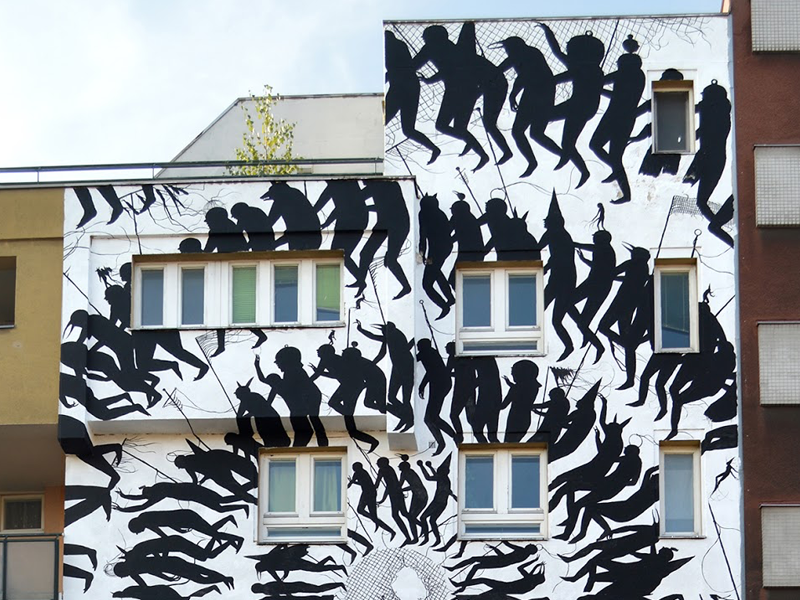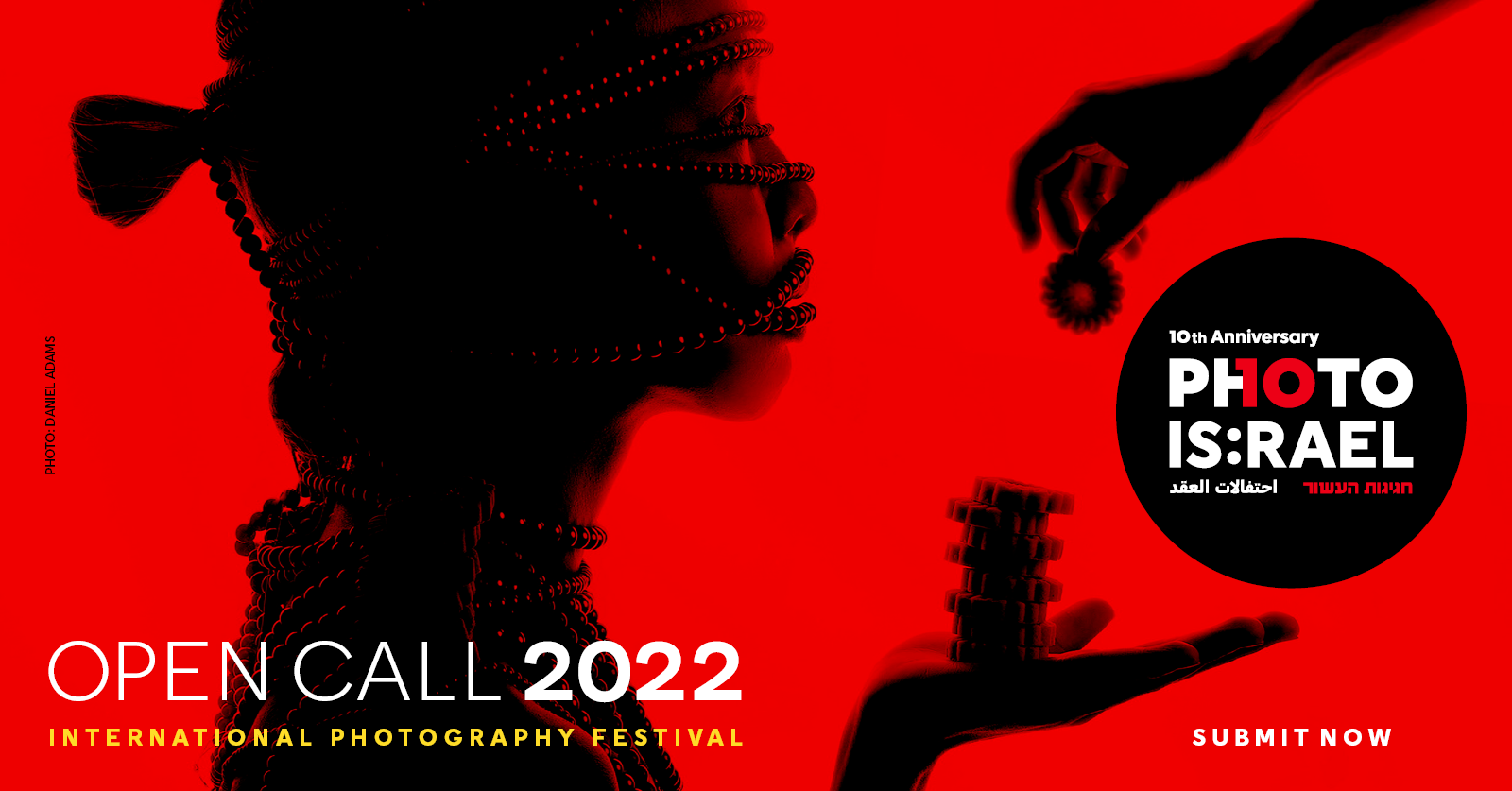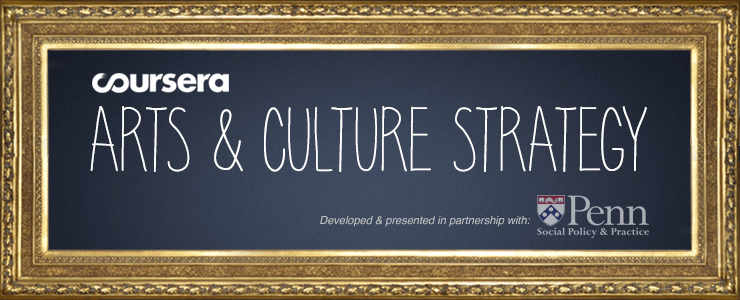Terms of Reference
|
The Project: |
EU-Eastern Partnership Culture Programme II |
|
REF: |
EuropeAid/135685/DH/SER/MULTI |
|
Financing Institution: |
European Union |
|
Budget Line/ Expert Category: |
Non-Key Short Term Experts |
|
Team Leader: |
Tim Williams |
|
Beneficiary countries |
The Eastern Partnership countries (Armenia, Azerbaijan, Belarus, Georgia, Republic of Moldova and Ukraine) |
|
Client |
European Union, Directorate General Neighbourhood and Enlargement Negotiations (NEAR), Unit C2 |
1. Description of the Assignment
Title: Cultural Leadership Trainers
Number of required experts: Senior (1-3) International
Junior (6) Local
Duration of the assignment: Senior: Up to 18 Working Days
Junior: Up to 2 Working Days (each)
Period of the assignment: January 2016 – March 2016
Place of assignment: Senior
Home: 6 days
Field: 12 days (6 x 1-day workshops)
Junior
Home: 2 days per country
2. Background and Scope of Work
European Union-Eastern Partnership Culture and Creativity Programme 2015-2018 aims at further strengthening cultural policies, particularly the Cultural and Creative Sectors, and to strengthen the capacities of the culture sector and the culture operators in the EaP countries. It also aims to increase the links between public institutions and private actors and to include civil society in the decision making process, thus enhancing the role of culture as a driving-force for reform, promotion of inter-cultural dialogue and social cohesion.
The Programme consists of four main components:
-
Cultural indicators and practical research including strengthening national capacities in evidence-based policy
-
other relevant capacity-building in support of modernisation and reform in the cultural sector
-
development of international collaboration opportunities and partnerships including through participation in the EU's new major grants programme Creative Europe
-
a communications and visibility strategy
The Progamme has seven working principles:
-
Agenda Setting
-
Win-Win Alliances
-
Building a Positive Climate for Culture
-
Evidence Building, Learning and Legacy
-
Cultural and Creative Industries Capacity Building
-
Culture and Crisis
The Cultural Leadership Programme launches the main element of the Capacity Building work.
Programme Management
The Programme is administered by a consortium led by the British Council with its partners: The Soros Foundation-Moldova, The National Centre for Culture of Poland, and the Goethe Institut. A Technical Advisory Team based in Kyiv runs the day-to-day management of the Programme with a team of six Country Coordinators.
3. Assignment Objectives
The Cultural Leadership workshops will form a part of one-day launch event for 50 cultural leaders. The purpose of the speech and breakout event will be to motivate cultural managers in six Eastern Partnership countries in the role of cultural and creative industry entrepreneurship. The Speaker’s activities will be combined with an information session on the details of the Cultural Leadership programme, and an identification of working group themes.
The objectives of the Cultural Leaders Information Days are:
To form a body of 50 senior and middle managers in each EaP country and:
-
Support them to improve their management skills
-
Equip them to be more competitive
-
Share information and increase awareness among the participants of the economic potential of the sector
-
Identify the knowledge gaps and needs of cultural operators
-
Identify networks and good practice in the culture and creative sector
-
Assist managers to sign up to at least two future workshops
-
Assist managers to join five working groups per country
The purpose of the process will be to develop a network of cultural leaders that form an EaP cultural associates network in six EaP countries. On an individual basis we want to develop managers so they can competently manage their organisations, ensuring that they are financially viable, legal and with well-organised staff. Secondly, they should be competent to make work, productions and shows, which show different ways of thinking, feeling and experiencing the world - bringing dynamism to the economy and wider society.
4. Assignment Scope
4.1. Scope
For each country the Senior Cultural Leadership Trainer will:
-
Address six national workshops with the Cultural Leaders
-
Develop a short workshop breakout event that will stimulate thought on cultural management
-
Produce a short course summary for the Programme’s TV Channel distance learning webpage
-
Provide the workshop materials for translation and publication
-
Update the Programme Team in Kiev on progress after each event
-
Speak to the national press
For each country the Junior Cultural Leadership Trainer will:
-
Brief the international expert on the local context in advance
-
Moderate the session of the international expert; make a short presentation that sets the context for the participants; field questions from participants; respond to the presentation with local issues and context
-
Assist with the breakout session as required by the international expert
-
Speak to the national press
5. Methodology, Approach and Main Deliverables
The Speakers can develop their own themes and break out event, in consultation with the Programme Team
The Country Coordinators in each country can advise on how appropriate the content is for each location.
The process will involve working with cultural and creative industries managers and facilitating their discussions. This will be done through a motivational speech and a half-day break-out event at a series of workshops.
The main deliverable is the development of a network of inspired managers who want to join the Cultural Leaders Programme.
6. Reporting Requirements
To write a two-page summary of the main tangible outcomes of each country assignment, and provide all contacts to the Programme office in Kyiv.
7. Expert Profile
The European Union-Eastern Partnership Culture Programme 2015-2018 does not discriminate on the basis of age, race, colour, sex, religion, sexual orientation, or disability.
Applicants must meet the following criteria:
Qualifications and Skills
We are seeking to recruit between one or three international consultants (subject to their availability) and six local consultants with the following experience and skills:
-
At least three years professional experience in the fields cultural leadership preferably in middle-income countries.
-
Excellent oral communication skills including report writing and giving presentations.
-
Capacity to adapt to different cultural environments.
-
Experience of being a discussion and workshop facilitator.
-
Excellent interpersonal and consensus building skills.
-
Knowledge of cultural operators in the Eastern Partnership countries desirable.
-
Good time management skills.
-
Ability to communicate in Russian and/or English.
-
The Indicative Activities and Timetable
INTERNATIONAL EXPERT
|
Activity |
Number of Days |
Expected Timeline * |
|
Preparation |
3 |
January 2016 |
|
Plan event with local trainer, Speak at Armenia event, hold workshop, write up report |
2 |
2nd half of February |
| Plan event with local trainer, Speak at Azerbaijan, hold workshop |
2 |
2nd half of February |
| Plan event with local trainer, at Belarus event, hold workshop |
2 |
2nd half of January |
|
Plan event with local trainer, Plan event with local trainer, at Georgia event, hold workshop |
2 |
2nd half of February |
|
Plan event with local trainer, Plan event with local trainer, at Moldova event, hold workshop |
2 |
2nd half of January |
|
Plan event with local trainer, Speak at Ukraine event, hold workshop |
2 |
2nd half of January |
|
Write up report |
3 |
January-February 2016 |
|
Total |
18 days |
|
LOCAL EXPERT
|
Activity |
Number of Days |
Expected Timeline * |
|
Preparation |
6 (1 each) |
January 2016 |
|
Speak at Armenia event |
1 |
2nd half of February |
|
Speak at Azerbaijan event |
1 |
2nd half of February |
|
Speak at Belarus event |
1 |
2nd half of January |
|
Speak at Georgia event |
1 |
2nd half of February |
|
Speak at Moldova event |
1 |
2nd half of January |
|
Speak at Ukraine event |
1 |
2nd half of January |
|
Total |
12 days |
|
9. Administrative Aspects
9.1 Reporting Requirements
To write a two-page summary of the main tangible outcomes of the assignment, and provide all contacts to the Programme office in Kyiv.
9.1.1 Conflicts of Interest
Please let Programme staff know of potential conflicts of interest in your covering letter.
9.2 Fees
Please indicate fee expectations in your cover letter. Fees should be inclusive of all tax and social contributions. This Programme is VAT exempt.
Invoicing
An invoice (using the format in annex 4 to the contract) and a timesheet (Annex 8 of the contract) should be submitted to the British Council, for approval and payment by 25th of the month following the end of the assignment.
Financial record keeping
This work is part of the EU Programme. This type of Programme is based on payment of verifiable, eligible expenditure. The Expert must ensure that all expenses claimed and receipts/documentation is in-line with the Council’s requirements to enable it to fulfil the requirements of the EU as set out in annex 3 to the Consultant’s contract.
10. Application Procedure
Applications (EU format CV and application letter, both in English) need to be submitted by e-mail to Victoria Dudko Victoria.Dudko@britishcouncil.org.ua not later than 12:00 hrs, 31th January 2016, titled: Application for the position: Non-key Short-Term Expert: Cultural Leadership Trainers
The EU CV template is found here:
https://europass.cedefop.europa.eu/en/documents/curriculum-vitae/templates-instructions.iehtml
References must be available on request. Only short-listed candidates will be contacted.
The Project is an equal opportunity employer that encourages applications from women and minorities.
All applications will be considered strictly confidential.
The one-page cover letter should provide concrete examples of how your experience and skills meet the assignment.
The advertised post is not available to civil servants or other officials of the public administration in the beneficiary countries.
For more information, please contact Victoria Dudko, Victoria.Dudko@britishcouncil.org.ua Tel/ +380 44 490 5600
11. Application Evaluation Criteria
Submissions will be assessed in a standardised manner. We expect to issue a response within one week. Only shortlisted consultants will be contacted. The programme reserves the right to reject any or all the proposals without assigning any reason thereof.
Annex 1.
Background
The Programme runs for 36 months from 1st February 2015 to 31st January 2018.
Origin of the programme
In the Eastern Partnership countries, public policies have had a tendency to define culture narrowly in terms of heritage, both 19th century traditional and Soviet classical, then “high” culture and ethnic folk culture. This problem of an un-dynamic, narrow definition of culture can be a major stumbling block to cultural policy development and economic growth. It can also be an important limit to the modernisation and development of the agendas that envisage the contribution of culture to other important social spheres (e.g. culture and employment, culture and social cohesion, culture and "well-being", etc.), which are becoming an integrated part of economic and social policy and planning in most European countries. The challenge for EaP countries is to integrate culture into all spheres of society and to pay systematic attention to the independent, private and commercial cultural sectors.
The Eastern Partnership countries differ from many of the EU Member States in various aspects for what concerns cultural policies. An important issue to consider is that the private and the independent cultural sectors are very weak. As a result of this, the cultural sphere is both relatively vulnerable and underdeveloped with a disproportionate role being played by Ministries of Culture. Therefore the areas in which the ministries choose to operate, how they operate on those areas and the quality of their performance, are all of critical importance.
Evolution of the context
In this Programme, culture and creative sectors are understood through a broad approach and in line with the working definition provided in the study “Economy of Culture in Europe” and the European Commission's Green Paper entitled “Unlocking the potential of cultural and creative industries”. In this context, culture encompasses expressions, activities, goods and services in relation to:
- Core arts areas: performing arts, visual arts, cultural and architectural heritage and literature;
- Cultural industries: film, DVD and video, television and radio, video games, new media, music, books and press;
- Creative industries: those industries, which use culture as an input but whose outputs are mainly functional, including architecture, advertising, design and fashion.
Cultural operators are defined as all types of organisations and individuals working in the field of culture.




